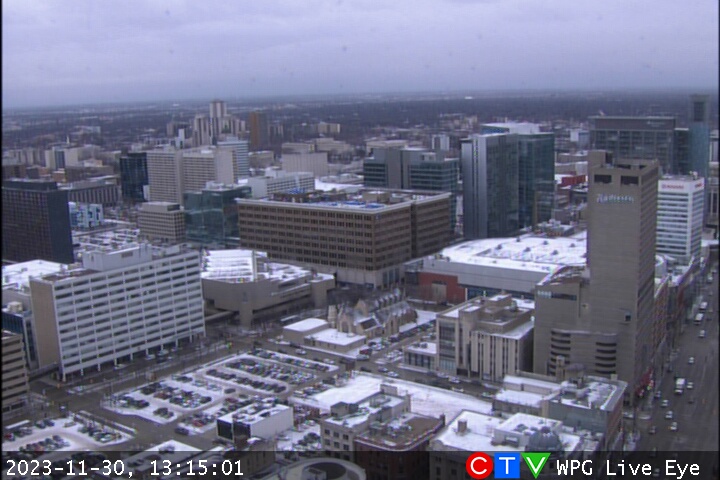WINNIPEG -- Forensic and archival research is underway to identify the names of children buried in unmarked graves at the former Brandon Residential School.
Researchers from Simon Fraser, Windsor and Brandon Universities are working in collaboration with the Sioux Valley Dakota Nation in what has been called the Brandon Residential School Cemeteries Project.
Through interviews and research the team hopes to reclaim the identities of the children and work with the affected families and communities.
“This project is integral in raising awareness and reinforcing public education on the legacy of historical trauma of Indigenous people in Canada,” says Evelyn Pratt, a Sioux Valley councillor in a release. “The proper and respectful identification leading to the repatriation of the remains of those innocent lives lost will hopefully provide closure and healing for families.”
This comes after the remains of 215 children were found buried on the grounds of a former residential school in Kamloops, B.C.
Investigations into the unmarked graves at the Brandon school began in 2012 with Sioux Valley Dakota Nation leaders, other landowners and PhD candidate Katherine Nichols.
Nichol’s thesis research found the death records for 70 children, but there was evidence of other graves, including some not located in the cemetery.
“Despite the associated ethical, legal and logistical challenges, the Sioux Valley Dakota Nation is committed to ensuring that community-led research is grounded in culture, following the guidance of our Elders and is conducted in a holistic and ethical way,” said Chief Jennifer Bone of Sioux Valley Dakota Nation in a release.
The goal of the project is to restore the children’s identities, either through commemoration or repatriation and serve as a framework for other communities who embark on a similar path.
“Missing children and unmarked graves at residential schools are a forgotten human rights issue in Canada. Investigations at the Brandon Residential School seek to remove the anonymity of children’s deaths and provide answers to affected communities. By acknowledging and acting on important matters of social justice, we begin the work towards reconciliation in my home town,” said Nichols.


























































































